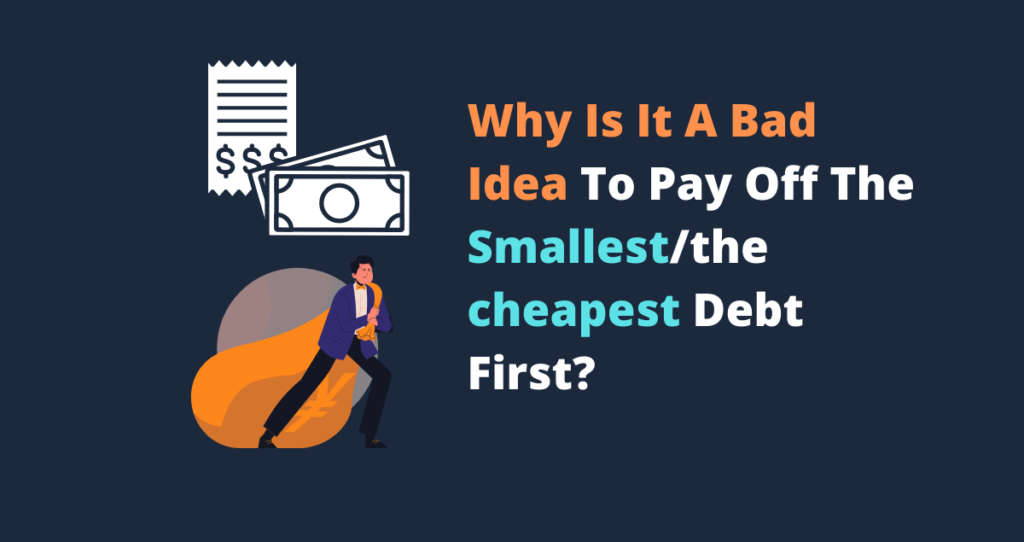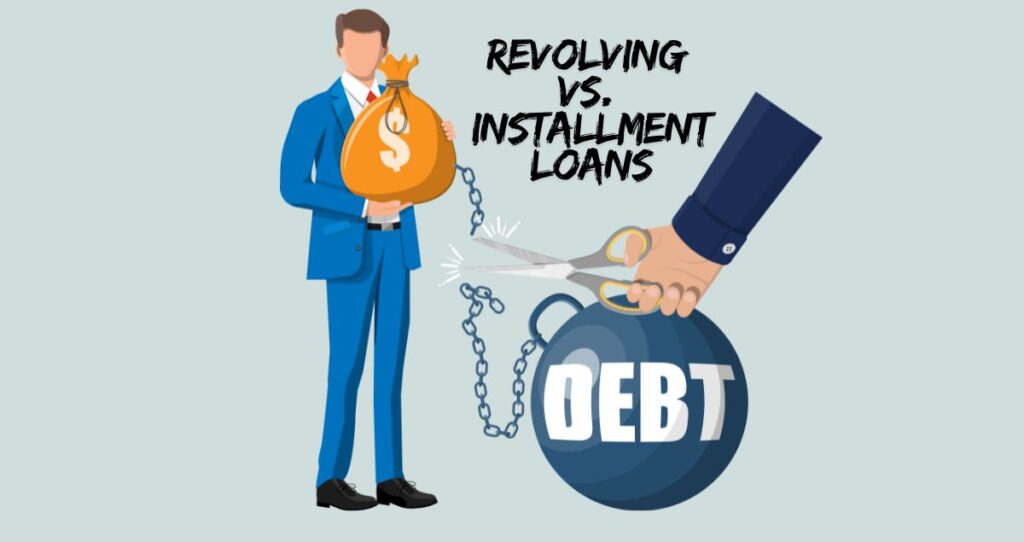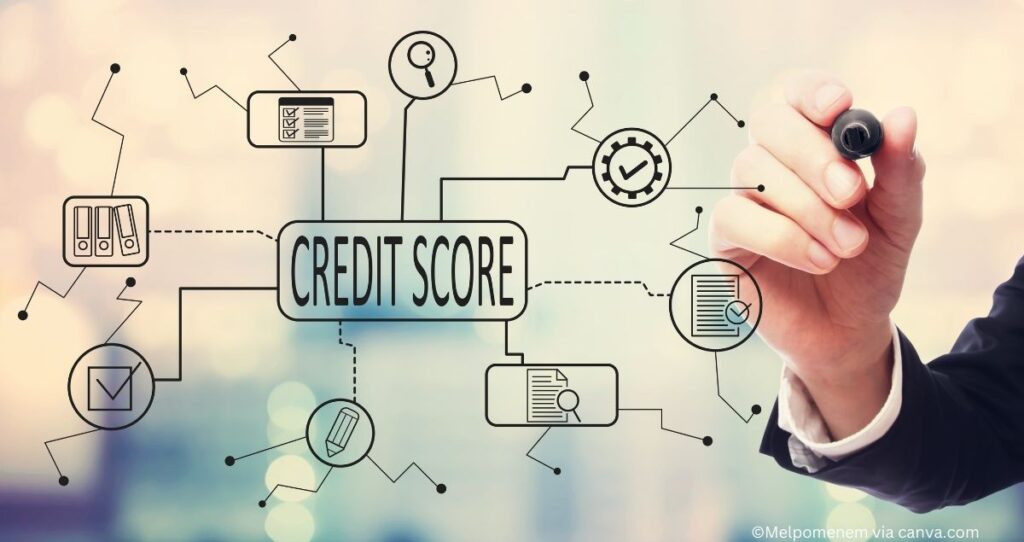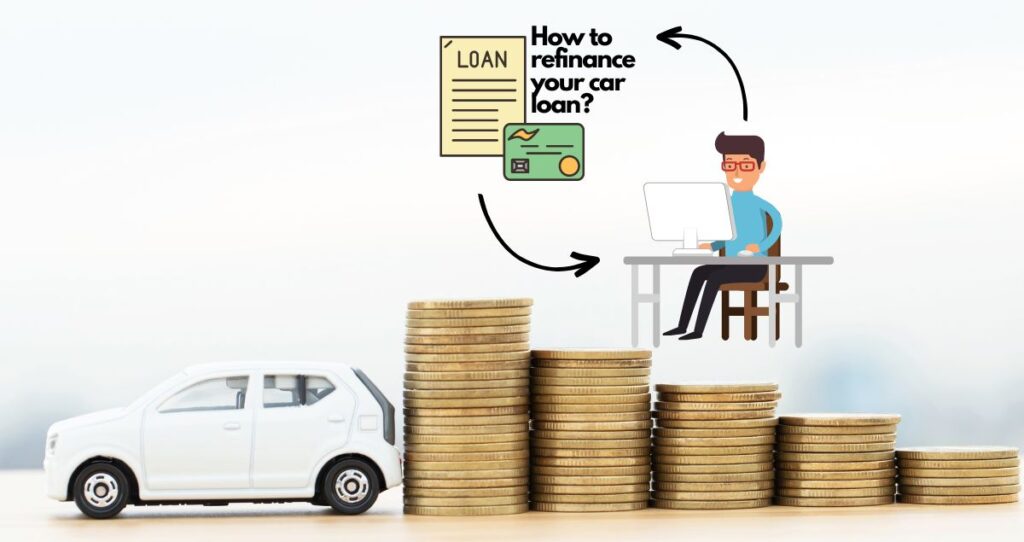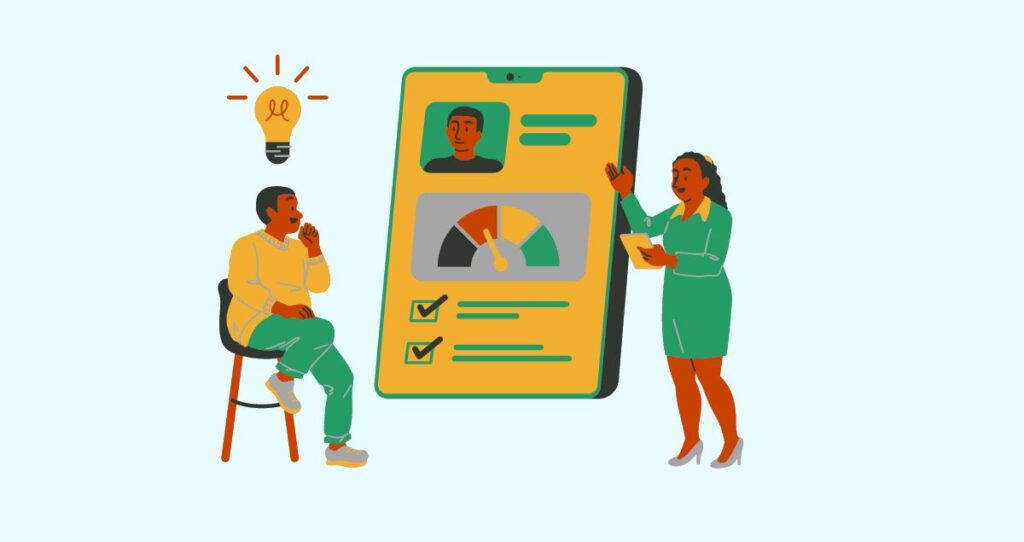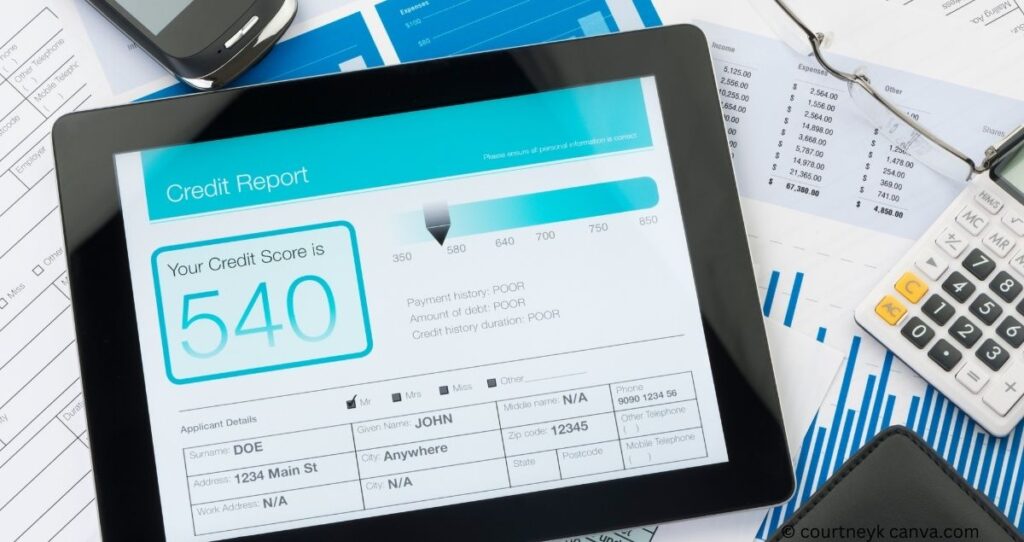According to the most recent Federal Reserve Bank of New York report, U.S. household debt topped $17.94 trillion and had a 3.5% delinquency rate as of Q3 2024. A big chunk of this debt is mortgaging for $12.59 trillion, an increase of $75 billion from the previous year. In comparison, credit card debt accounted for $1.17 billion, an increase of $24 billion, while the total auto loan debt increased by $18 billion to $1.64 billion. Consumer debt in America is growing, and millions of families are paying the price.
While debt can help you finance expensive purchases such as a home and a car and build a credit history, misusing debt can lead to long-term financial stress. For example, failure to pay off your debt might result in foreclosure or repossession of the property and damage your credit. In this article, I will walk you through the basics of debt, its benefits and disadvantages, and tips to use debt effectively.
What is debt?
According to Merriam-Webster, debt is money you owe to a person, bank, company, etc.. It can also mean the obligation to pay a person or perform a specific task due to an agreement you had with that person in the past.
Debt can be applied to an individual, business, or country because any party in these three groups can borrow money from another. For example, a country can borrow money from another to revive its economy, or a person can borrow money from a bank as a mortgage to buy a house. The person who takes out debt is a borrower or debtor, while the person lending person is called a lender or a creditor.
I will explain debt, its categories, and its implications for financial planning strategies in this article.
Categories of Debt

There are many categories of debt. The following are some of their main categories.
- Secured debt. For this debt, the borrower must have collateral or a security deposit in case they can’t pay it off. Credit history and credit score may be used to determine the borrower’s credibility and whether they can pay off the debt. Security deposits can be cash or any asset, such as a house or a car. A secured credit card is a good example of secured debt.
- Unsecured debt. For this kind of debt, the borrower does not need collateral assets. That is, the lender gives you the money, knowing that if you fail to pay it back, there is a higher chance he/she will lose it. For these types of debts, lenders heavily use your credit history, credit score, income/financial reports, and DTI ratio to help determine your creditworthiness. Unsecured credit cards are good examples of unsecured debts.
- Mortgage. These are common loans known in real estate that allow home buyers and investors to acquire real estate. The buyer gets a mortgage from a bank to buy a house, and the house becomes a collateral asset if the borrower fails to pay it off. This means you can end up in foreclosure if you fail to pay off the mortgage.
- Revolving debt is a form of debt in which the lender allows you to borrow up to a limit that is renewed automatically. For example, each credit card has a credit limit, which is the amount the card issuer allows you to spend. Once you max out your card, you cannot use it again until you pay off some of that balance.
- Non-revolving debt/installment loans. This is a line of credit you can only use once, and it is not renewed after you have paid off the balance you owe. Your monthly payment is usually the same for the duration of the loan, and the terms end once the balance is paid off. Car loans, student loans, and mortgages are good installment loans.
What are the benefits of debt?
While being in debt sounds scary, and many consumers try to avoid debt as much as they can, debt can help improve your finances and build wealth. This is because debt enables you to finance purchases normally, taking years to save cash, allowing you to reach your financial goals faster. For example, if you want to buy a house, it would take more than 10 years to save hundreds of thousands of dollars to buy it with cash.
With debt, however, the bank can help you buy the house. All you have to do is save for a down payment and closing fees. Sometimes, the lender might agree to add closing costs to your loan balance.
Debt can also help you build credit because all account activities, like payment history and credit utilization, are reported to your credit reports. To build good credit, however, you must use your loan accounts responsibly and pay your bills on time.
Debt can also help businesses finance their operations, expand, and develop products and research, as it allows them to finance new facilities, cover payroll expenses, buy new equipment, etc.
Being in debt also comes with hidden benefits, such as tax credits, the ability to keep your assets and avoid foreclosure or repossession, and the ability to qualify for lower rates.
How does the lender benefit from issuing debt?
Now that we know how a borrower will benefit from debt, it is time to evaluate how lenders benefit from issuing debt. A person, bank, or lending institution lending money benefits you somehow.
Before you get the money, you will sign a contract that includes the maturity date of the loan, interest (which can be simple interest or compound interest) on the loan, penalties to be paid if you fail to pay your debt back, etc.
So, how does the lender make money when you take out a loan?
Generally, lenders benefit from debt through interest on the loan, late fees they charge when you fail to pay on time, associated costs, etc. For example, if you have a mortgage, a portion of your monthly payment will cover interest, which is the cost of borrowing the principal.
For example, if you have a credit card, your total balance must be paid before the due date. If you carry some of that balance over to the next payment period, the lender will charge interest on the outstanding balance.
Disadvantages of debt
Failing to pay off your loan will not look good on your records. Debt can leave a scar that will never heal! The following are some of the disadvantages of having debt.
- It will cost you money through interest charges and penalties
- Debt can lead to overspending, especially on credit cards
- Too much debt can rob you of the future, as higher debt payments prevent you from investing in the future and building wealth.
- If you cannot pay your loan, you may lose your assets, such as a home or a car.
- Financial problems associated with debts are more common for destroying marriages.
- Your credit score will be hurt if you borrow more or fail to pay what you borrowed. Learn more about what can hurt your credit score and how to rebuild your credit score if you wrecked it already.
Tips to use debt to your advantage, build wealth, and avoid financial stress
Yes, debt comes with the risk of defaulting on loans and losing assets through foreclosures and repossessions. But, if used effectively, debt can help you build wealth fast and reach financial independence.
So, do you take advantage of debt and prevent loan default? Being in debt does not always mean a bad thing. If you use debt effectively, you can prevent loan default while getting everything you want. Check out the following guidelines for using debt to ensure you get the most out of it.
- Know the terms of your loans and follow them by the book.
- Contact your lender if you think you might run out of cash or cannot afford your monthly payments.
- Refinance when possible to take advantage of decreasing interest rates.
- Pay down high-interest debts first to lower the cost of your loans
- Pay your debts on time each month to avoid late payments on your credit scores and possible interest and fees
- Avoid bad debts such as credit card debts, payday loans, and unnecessary personal loans.
- Build an emergency fund to minimize the risk of default due to a short-term financial hick-up, such as a job loss.
- Never borrow more than you can pay back.
- Build good credit before taking out loans to qualify for lower rates and favorable terms.
- Monitor your debts, pay them fast when you can, and always pay more than the minimum payments.
Final words
Debt can be your greatest weapon to achieving your financial independence. To take full benefits of debt, you must borrow only what you can afford to pay it back and use your debt responsibly. Violating the terms of your loan can lead to losing your assets and long-term financial stress.

